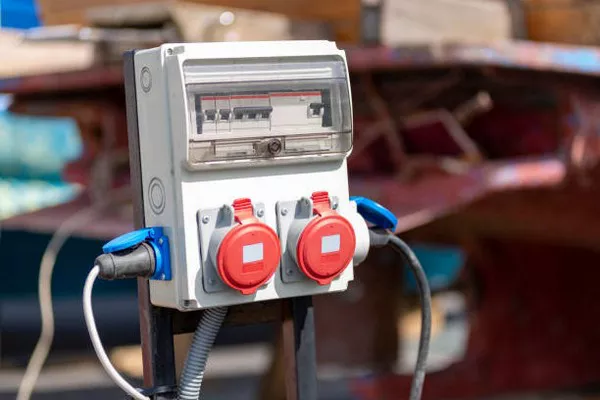Instrumentation engineering is a specialized field that plays a pivotal role in ensuring the smooth and efficient operation of various industrial processes. These engineers are responsible for designing, developing, and maintaining the instruments and control systems that monitor and regulate physical quantities in industries such as manufacturing, petrochemicals, power generation, and more. In this article, we will delve into the diverse responsibilities and significance of instrumentation engineers in today’s technologically advanced industrial landscape.
Defining Instrumentation Engineering
Instrumentation engineering is a multidisciplinary branch of engineering that combines principles from electrical, electronic, and measurement engineering to create instruments and systems capable of measuring, monitoring, and controlling various physical parameters. These parameters include temperature, pressure, flow, level, and chemical composition, among others. The primary goal of an instrumentation engineer is to ensure that industrial processes operate efficiently, safely, and with optimal performance.
Key Responsibilities
1. System Design and Integration:
Instrumentation engineers are tasked with designing and integrating complex control systems. This involves selecting and configuring sensors, transmitters, controllers, and actuators to create a comprehensive system that can accurately measure and regulate specific parameters within an industrial process.
2. Sensor Selection and Calibration:
Choosing the right sensors is critical in instrumentation engineering. Engineers must carefully select sensors based on the requirements of the process they are monitoring. Additionally, they are responsible for calibrating these sensors to maintain accuracy and reliability.
3. Control System Programming:
Instrumentation engineers develop the software and programming logic that governs the behavior of control systems. This includes writing code for programmable logic controllers (PLCs) and distributed control systems (DCS) to ensure precise and efficient control of industrial processes.
4. Data Acquisition and Analysis:
Instrumentation engineers implement data acquisition systems to collect real-time data from various sensors and instruments. They then analyze this data to identify trends, abnormalities, or potential issues, allowing for proactive maintenance and troubleshooting.
5. Safety System Implementation:
Safety is paramount in industrial settings, and instrumentation engineers play a crucial role in implementing safety instrumented systems (SIS). These systems are designed to detect and mitigate potential hazards, protecting both personnel and equipment.
6. Maintenance and Troubleshooting:
Instrumentation engineers are involved in the ongoing maintenance of control systems. This includes routine checks, calibration, and addressing any issues that may arise. They must also troubleshoot problems efficiently to minimize downtime and ensure continuous operation.
Significance in Various Industries
Manufacturing: In manufacturing industries, instrumentation engineers contribute to the automation of production processes. They design control systems that optimize efficiency, reduce waste, and improve product quality.
Petrochemicals: In the petrochemical sector, instrumentation engineers are crucial for monitoring and controlling complex processes such as refining and chemical production. Their work ensures safety compliance and operational excellence.
Power Generation: Instrumentation engineers are essential in power plants, where they design and maintain control systems for electricity generation. They contribute to the stability and reliability of power grids.
Pharmaceuticals: In the pharmaceutical industry, precision is paramount. Instrumentation engineers design and implement control systems to ensure accurate dosing and maintain the quality of pharmaceutical products.
Healthcare: Instrumentation engineering extends to healthcare, where these engineers play a role in developing and maintaining medical instruments, monitoring devices, and automated healthcare systems.
Challenges and Future Trends
Instrumentation engineers face several challenges, including staying abreast of rapidly evolving technologies, ensuring cybersecurity in connected systems, and adapting to the increasing complexity of industrial processes. However, they also have exciting opportunities to embrace emerging technologies such as the Internet of Things (IoT), artificial intelligence (AI), and machine learning (ML) to enhance the efficiency and intelligence of control systems.
Conclusion
Instrumentation engineering is a dynamic and indispensable field that underpins the functionality of modern industries. From ensuring the safety of personnel to optimizing production processes, instrumentation engineers play a critical role in maintaining the smooth operation of various industrial sectors. As technology continues to advance, the role of instrumentation engineers will evolve, presenting new challenges and opportunities for innovation in the pursuit of more efficient, sustainable, and safe industrial practices.

